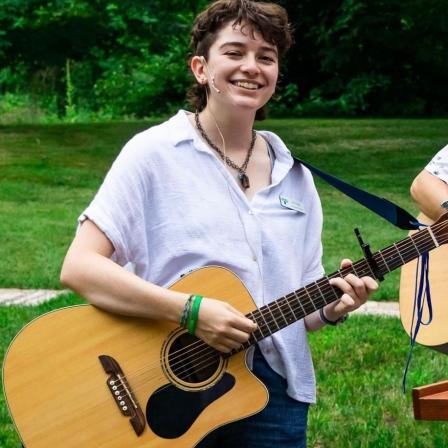Jewish Futures Conference
Ro(BOTS), RASHI, and RELATIONSHIPS:
Jewish education + AI
If ChatGPT can write a lesson plan and a bot can be your hevruta, what does the quickly evolving world of Artificial Intelligence mean for the field of Jewish education? Join The Jewish Education Project, keynote speaker Dr. Robert Geraci, and our team of AI companions to explore what we need to know about AI in a hands-on, immersive environment that will challenge our assumptions and norms. What does this technology mean for us today, and how will we partner with it to create the reality of tomorrow?
Jewish Futures Schedule
9:30 - 10:00am Registration/Check-in/Light Breakfast
10:00am - 12:00pm Keynote Experience
- Text Study with Rabba Yaffa Epstein
- Keynote address by Dr. Robert Geraci: "Intelligent Education for Artificial Intelligence"
- Jewish Education Bot Intro with Liz Snower
- AI Game Show
12:00 - 12:30pm AI Networking
12:30 - 1:15pm Lunch
1:15 - 3:00pm AI Arcade & Breakout Session
3:00 - 3:30pm Closing Panel
Stay tuned to this page for updates as they become available.
Speakers & Presenters
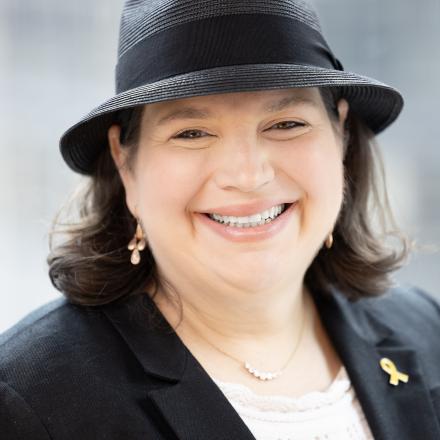
Rabba Yaffa Epstein is the Senior Scholar and Educator in Residence at the Jewish Education Project. Formerly, she served as the Director of the Wexner Heritage Program at the Wexner Foundation. Epstein has also served as the Director of Education, North America for the Pardes Institute of Jewish Studies and was a member of the faculty. She has served on the faculties of Yeshivat Maharat and the Drisha Institute. Epstein has served as an Educator and Scholar in Residence for the Dorot Fellowship, Moishe House, Jewish Federation of North America, the Covenant Foundation, the Nahum Goldmann Fellowship, Repair the World, the Meorot Fellowship, and the KADIMA Fellowship. She has lectured at numerous Limmud events around the globe, has written curriculum for the Global Day of Jewish Learning and has created innovative educational programming for Hillel: The Foundation for Jewish Campus Life. She received Rabbinic Ordination from Yeshivat Maharat, earned an additional private Ordination from Rabbi Daniel Landes, holds a Law Degree from Bar-Ilan University, and studied at the Talmud Department at Hebrew University.
Rabba Epstein is passionate about making Jewish learning accessible and exciting, and creating learning environments that are welcoming, diverse, and inclusive to all who wish to participate. She has taught educators, rabbis and lay leaders from across the spectrum of Jewish denominations. Rabba Epstein is the winner of the prestigious Covenant Award.
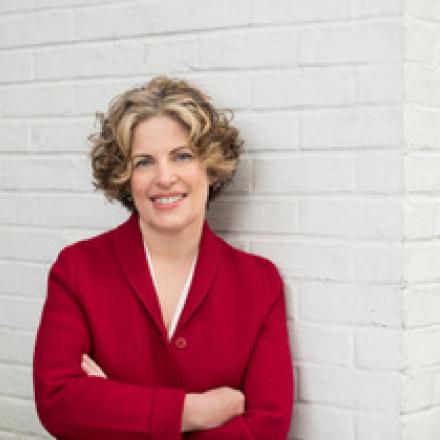
Allison Fine is one of the country’s foremost thinkers and leaders in the use of digital technology for social good. She has written four books on the topic, most recently, The Smart Nonprofit: Staying Human Centered in an Automated World with Beth Kanter. She is currently the President of Every.org, a nonprofit providing a fundraising platform to help organizations raise more money for less money while strengthening the relationship between causes and donors to create lasting change.
Dr. Robert M Geraci is a Professor of Religious Studies at Manhattan College and author of Apocalyptic AI: Visions of Heaven in Robotics, Artificial Intelligence, and Robotics (Oxford University Press, 2010), Virtually Sacred: Myth and Meaning in World of Warcraft and Second Life (Oxford University Press, 2014), Temples of Modernity: Nationalism, Hinduism, and Transhumanism in South Indian Science (Lexington 2018), Futures of Artificial Intelligence: Perspectives from India and the U.S. (Oxford 2022).
"I’m Texan, but living, teaching, and writing in New York City. I’m pretty sure that everyone loves robots, which is why I’ve written a book about them. People love games too, so I wrote another book. I’m also interested in the toadstool circles, the ancient temples, the soaring cathedrals of our religious imagination. Likewise, the dark tunnels of mining and rapid transit. I visit mountains, deserts, temples, laboratories, factories, virtual realities…the places where magic enters the world.
Thanks to a Fulbright-Nehru Research Award, I spent 5 months at the Indian Institute of Science in Bangalore, where I interviewed dozens of scientists in academia, industry, and hacker culture. The book is published by Lexington Press (an imprint of Rowman & Littlefield). It offers new insights into contemporary India and into methodology in the study of religion, science, and technology.
In 2018-19, I was back on sabbatical and back in India–once again under the auspices of a Fulbright-Nehru award. I was affiliated with the National Institute of Advanced Studies, and I conducted research for a new project investigating the contemporary culture of traditional handcrafts.
Overall, my interest is in how we use technology to enchant and give meaning to the world. To study this, I use ethnographic fieldwork, methods from science & technology studies (especially actor-network theory), literature (science fiction) studies, and the hodgepodge of methods that all of us in 'religion and science studies' put to use. Within the study of religion and science, I am a Fellow of the International Society for Science and Religion."
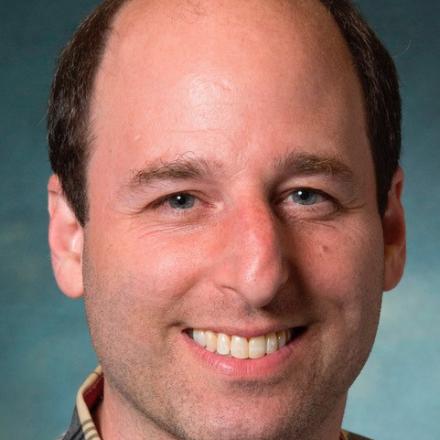
Barry Joseph is founder of Barry Joseph Consulting where he innovates solutions for learning in a digital age. For six years at the American Museum of Natural History, Barry oversaw the strategy, design, and implementation of a slate of over 100 youth courses that applied the latest technology to engage youth to develop their skills and passions through youth media productions and design practices. Most recently, as VP of Digital Experience at the Girl Scouts of the USA, he made complexity accessible while developing new tools for digital engagement. He is currently an adjunct professor at New York University. His first book (Seltzertopia) and his follow-up (Friday is Tomorrow, or The Dayenu Year) was recently joined by his latest, Making Dinosaurs Dance (a behind-the-scenes handbook for designers about the American Museum of Natural History). His most recent game, currently in development, is Uncannny Valley, a card game designed to welcome our AI overlords.
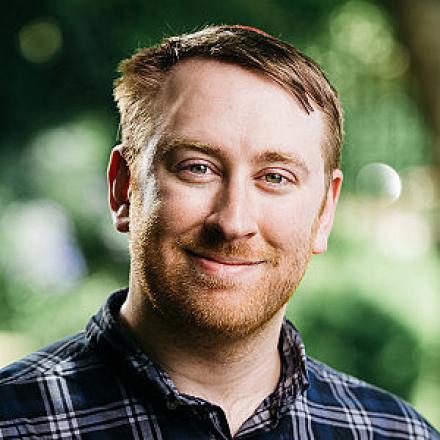
Dr. David Zvi Kalman is Scholar in Residence and Director of New Media at Shalom Hartman Institute of North America, where he was also a member of the inaugural cohort of North American David Hartman Center Fellows. David Zvi leads the Kogod Research Center’s research seminar on Judaism and the Natural World. David Zvi holds a PhD from the University of Pennsylvania and a BA from the University of Toronto. His research touches on Jewish law, the history of technology, technology and ethics, material culture, and Islamic jurisprudence. He is the owner of Print-O-Craft Press and the KLMNOPS art house. His work can be found at www.davidzvi.com.

Liz Snower is the co-founder and COO of ICONIQ, which makes conversational AI characters leveraging the award-winning "brain" of their flagship AI, known to fans as "Kuki." Liz brings to her role nearly a decade of experience in the AI/consumer messaging space, having led development on branded chatbots at the messaging app Kik before co-founding Convrg, a voice messaging platform for brands, in 2017. Following Convrg's acquisition in 2019, she returned briefly to her roots in subscription commerce before going all in on ICONIQ. Liz is passionate about the ethical development of conversational AI, which she strongly believes should prove a net positive for humankind.
Discover more
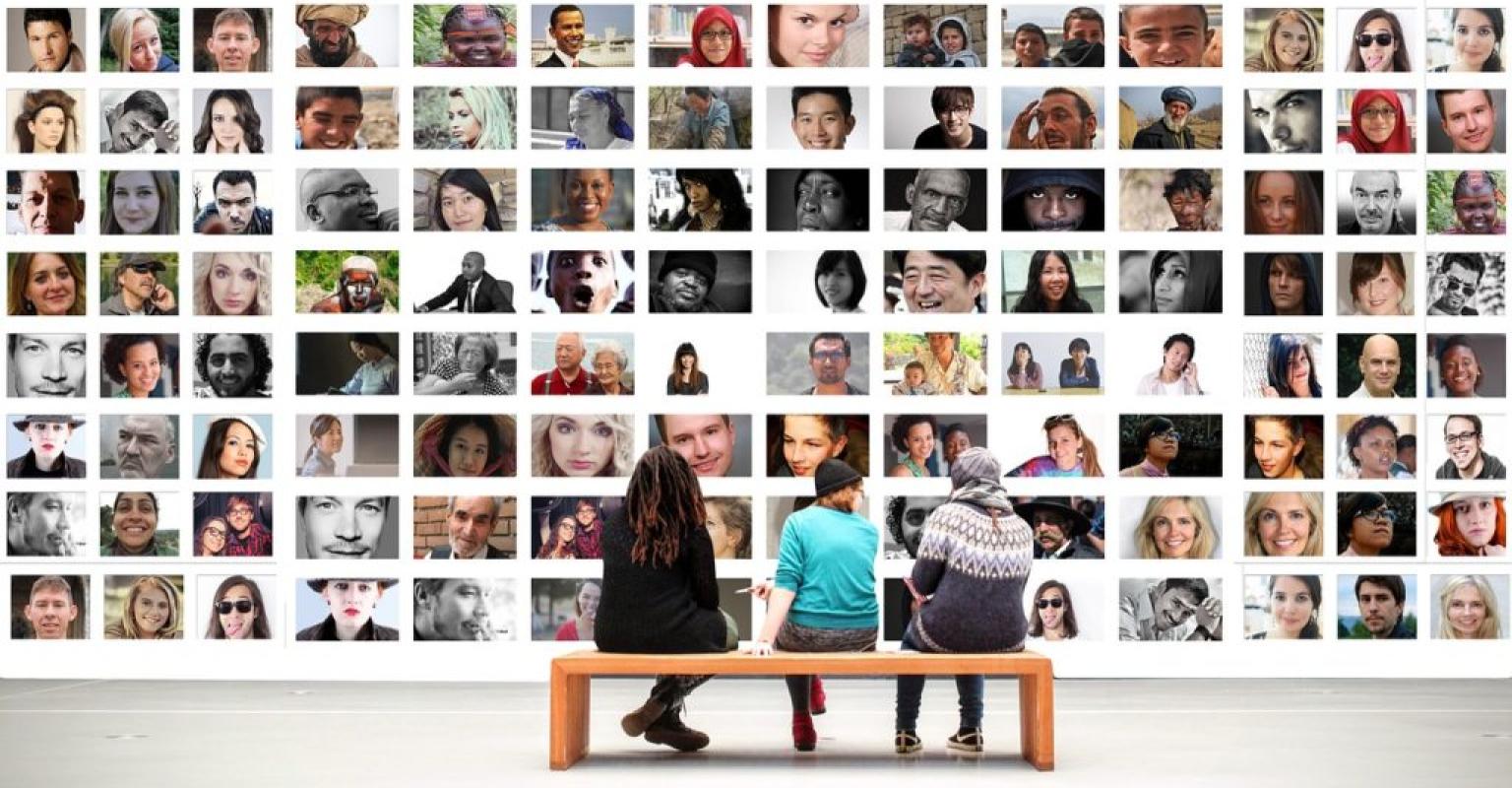
Yavilah McCoy writes about the power that language holds and how deeply words affect community building.

AI has the potential to revolutionize Jewish education but is also raising ethical concerns amongst educators.

Educational resources in support of civic responsibility and the democratic process.

